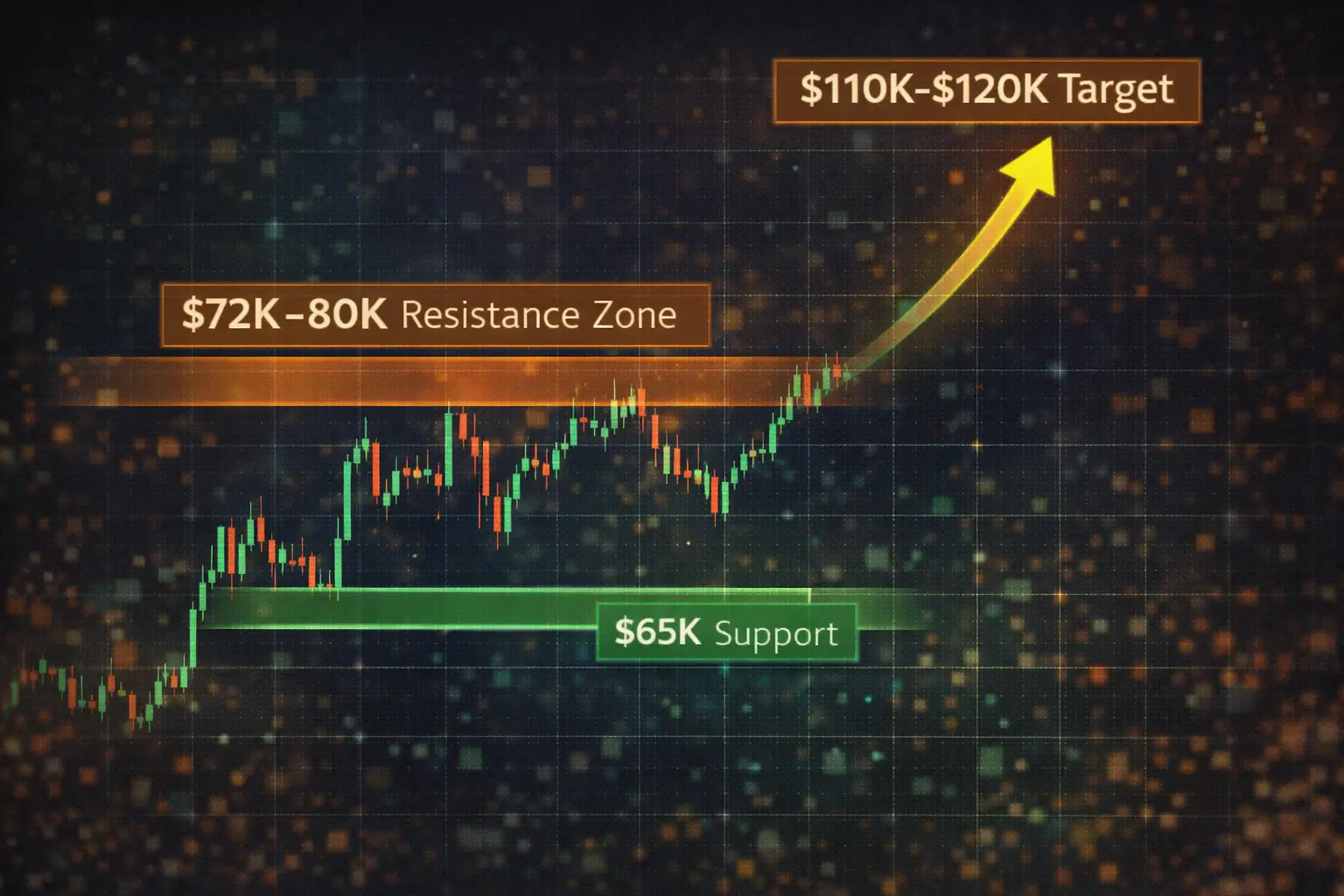The Collapse of FTX: Lessons Learned
The collapse of FTX, once one of the most promising cryptocurrency exchanges, sent shockwaves through the crypto community. This detailed examination explores the key events leading to the downfall of FTX, the impact on the market, and the valuable lessons learned from this significant event.
Introduction
FTX, founded by Sam Bankman-Fried in 2019, quickly rose to prominence in the cryptocurrency world due to its innovative products, high liquidity, and user-friendly interface. However, its sudden collapse in 2023 left many in the crypto community stunned. This article delves into the factors that led to the collapse of FTX, the repercussions, and the essential lessons for both crypto investors and exchanges.
Background of FTX
FTX was established with the vision of providing a comprehensive trading platform that catered to both retail and institutional investors. It offered a wide range of products, including spot trading, futures, leveraged tokens, and prediction markets. FTX’s rapid growth was fueled by its ability to innovate and adapt to the evolving crypto landscape.
The Events Leading Up to the Collapse
Financial Irregularities
In the months leading up to the collapse, FTX faced scrutiny over its financial practices. Reports of irregularities in its accounting and alleged mismanagement of user funds began to surface. These issues raised concerns about the exchange’s solvency and operational integrity.
Regulatory Pressure
FTX faced increasing regulatory pressure from various jurisdictions. Authorities questioned its compliance with financial regulations, leading to several investigations. The regulatory scrutiny intensified as allegations of market manipulation and inadequate anti-money laundering (AML) controls emerged.
Liquidity Crisis
A significant liquidity crisis was the tipping point for FTX. As users rushed to withdraw their funds amidst growing uncertainty, the exchange struggled to meet the demands. The liquidity crunch exposed the underlying financial instability of FTX, ultimately leading to its collapse.

The Collapse
Discovery and Public Reaction
In early 2023, FTX announced its inability to process withdrawals, citing a severe liquidity shortfall. This announcement triggered panic among users and investors, leading to a massive sell-off of FTX’s native token, FTT. The value of FTT plummeted, exacerbating the liquidity crisis and further eroding investor confidence.
Legal and Financial Repercussions
FTX filed for bankruptcy protection, initiating a complex and lengthy legal process to resolve its financial obligations. The collapse had widespread repercussions, affecting thousands of users who had funds locked in the exchange. Legal battles ensued as creditors and users sought to recover their assets.
Impact on the Cryptocurrency Market
Market Volatility
The collapse of FTX contributed to significant market volatility. The broader cryptocurrency market experienced a sharp decline in asset prices as panic spread among investors. The event underscored the interconnectedness of the crypto ecosystem, where the failure of a major exchange can have ripple effects.
Trust and Confidence
The incident severely dented trust and confidence in cryptocurrency exchanges. Users became more cautious, demanding higher transparency and security from trading platforms. The FTX collapse highlighted the importance of due diligence and risk management in the volatile crypto market.
Lessons Learned
Importance of Regulatory Compliance
The FTX collapse emphasized the critical role of regulatory compliance in ensuring the stability and integrity of cryptocurrency exchanges. Exchanges must adhere to stringent regulatory standards to protect users and maintain market confidence.
Robust Risk Management
Effective risk management practices are essential for the sustainability of crypto exchanges. Implementing robust financial controls, conducting regular audits, and maintaining adequate liquidity reserves are crucial to mitigating risks and preventing collapses.
Transparency and Accountability
Building trust with users requires transparency and accountability. Exchanges must operate with clear communication, transparent financial practices, and swift responses to security incidents. Transparent operations foster confidence and loyalty among users.
Conclusion
The collapse of FTX serves as a stark reminder of the risks inherent in the cryptocurrency market. While it caused significant financial losses and market disruption, it also prompted critical reflections on regulatory practices, risk management, and transparency. By learning from these lessons, the crypto community can work towards building a more secure and resilient ecosystem.
For more in-depth analyses and guides on cryptocurrency security and best practices, visit our crypto guides and news page.
Consider using platforms with robust security measures. For advanced trading features, claim up to $30,000 in rewards by signing up with Bybit.
Stay Updated
For the latest airdrops and crypto news, follow us on:
Stay informed with the latest updates, analyses, and strategies to help you navigate the world of cryptocurrency at FreeCoins24.io. Visit our exchanges page for detailed reviews and comparisons of various crypto exchanges.

















